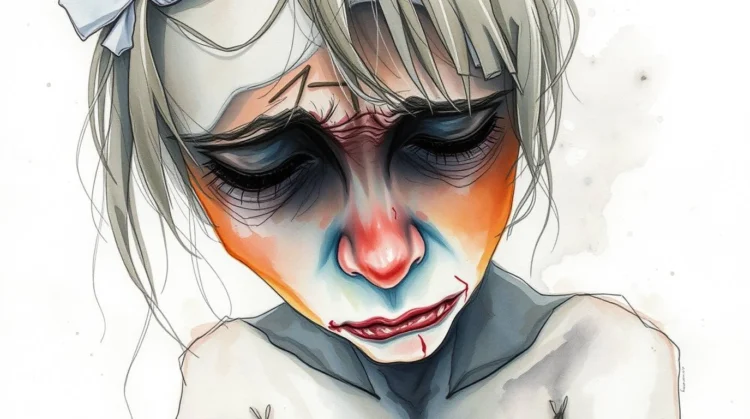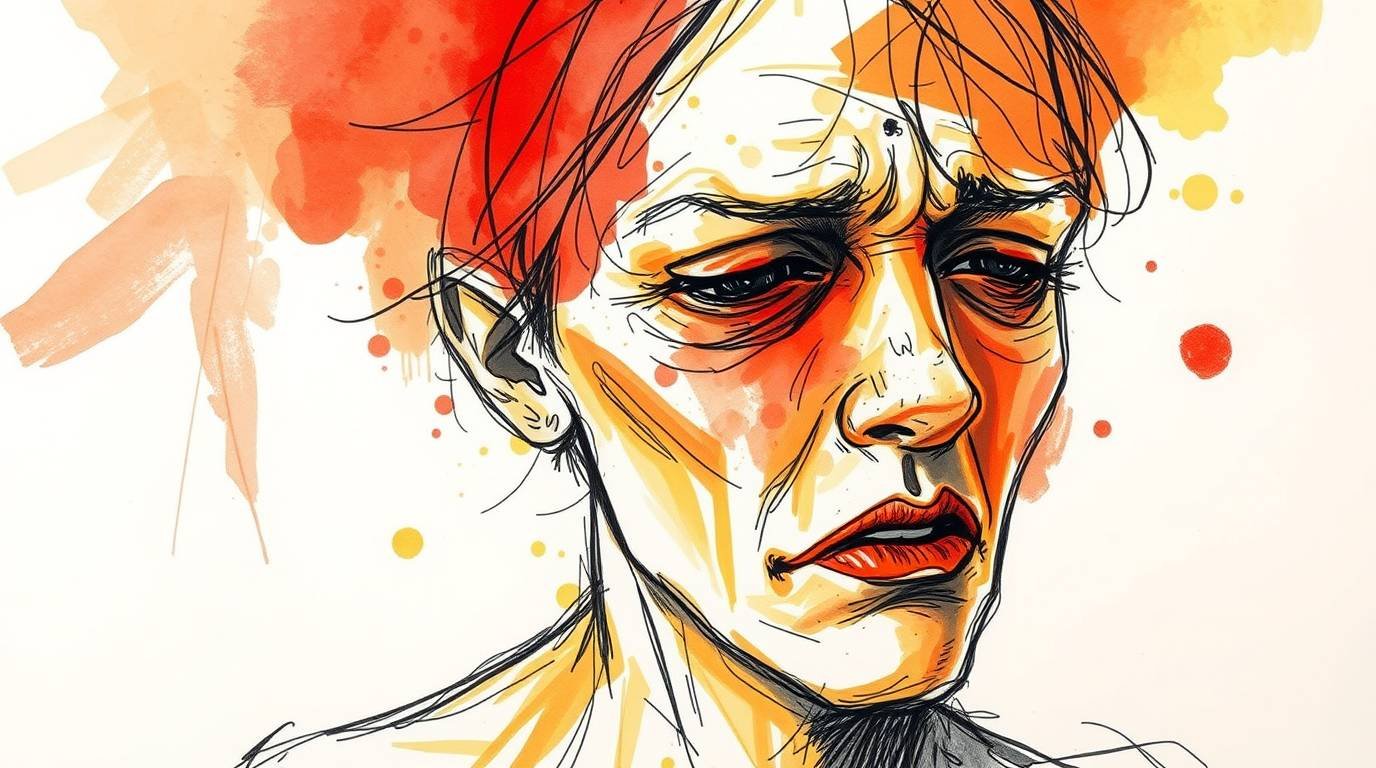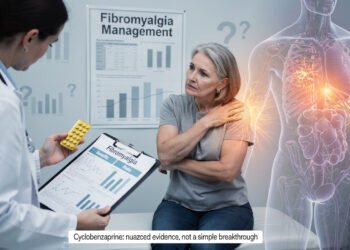Understanding Benzodiazepine Withdrawal Symptoms: A Comprehensive Guide to Safe Management
Key Takeaways
- Neuroadaptation: Chronic benzodiazepine use alters GABA receptor sensitivity, leading to withdrawal when dosing stops.
- Symptom Spectrum: Ranges from mild anxiety and insomnia to severe seizures and psychosis.
- Safe Tapering: Gradual dose reduction protocols are essential to minimize risk.
- Comprehensive Care: Includes monitoring for prescription drug misuse and considering medication-assisted treatments.
- Related Strategies: Lessons from Opioid weaning and Alcohol Withdrawal Symptoms: Key Indicators, Detox Options, and Effective Strategies to Quit Drinking inform best practices.
Table of Contents
- Definition and Physiological Basis
- Common Symptoms and Severity Classifications
- Evidence-Based Tapering Protocols
- Early Warning Signs of Misuse
- Medication-Assisted Treatments
- Comparative Strategies: Benzodiazepine vs. Opioid Withdrawal
- FAQ
- References
Understanding Benzodiazepine Withdrawal Symptoms
Definition and Physiological Basis
Benzodiazepine withdrawal symptoms arise when the central nervous system, having adjusted to chronic GABA potentiation, suddenly loses that modulation. The resulting neurochemical imbalance produces a range of physical and psychological reactions. Severity depends on factors such as the specific benzodiazepine, dosage, duration of use, individual metabolism, and overall health.
For insights on managing dependency, see our guide on Understanding Cannabis Withdrawal Symptoms: A Comprehensive Guide.
Common Symptoms and Severity Classifications
Mild Withdrawal Symptoms
- Anxiety above baseline
- Sleep disturbances (difficulty falling or staying asleep)
- Irritability and restlessness
Moderate Withdrawal Symptoms
- Persistent headaches and muscle pain
- Tremors and excessive sweating
- Nausea, gastrointestinal distress
- Heart palpitations and panic attacks
- Poor concentration and memory difficulties
Severe Withdrawal Symptoms
- Seizures and psychosis
- Visual or auditory hallucinations
- Severe confusion, disorientation, extreme agitation
- Hyperthermia
The onset timeline varies: short-acting agents like alprazolam and lorazepam within 1–3 days; long-acting agents like clonazepam and diazepam in 3–7 days. Acute symptoms last 4–14 days; protracted withdrawal may persist for months.
For additional insights on managing addiction and withdrawal, explore our post on What Everyone Gets Wrong About Recovery from Addiction.
Evidence-Based Tapering Protocols
Safe discontinuation involves:
- Gradual dose reductions (5–25% decrements)
- Extended taper duration for long-term users
- Switching to longer-acting benzodiazepines when appropriate
- Adjunctive therapies (psychological support, non-benzodiazepine anxiolytics)
Early Warning Signs of Prescription Drug Misuse
- Escalating doses without medical approval
- Doctor-shopping and pharmacy hopping
- Cravings and drug-seeking behaviors
- Functional impairment at work or home
Medication-Assisted Treatments
While benzodiazepine MAT options are limited, supportive medications can alleviate specific symptoms:
- Anticonvulsants (e.g., carbamazepine) to reduce seizure risk
- Antidepressants for comorbid anxiety and mood disturbances
- Non-benzodiazepine sleep aids for insomnia
Comparative Strategies: Benzodiazepine vs. Opioid Withdrawal
Key similarities and differences:
- Both require tapering protocols; opioids often use methadone or buprenorphine, benzodiazepines rely on cross-titration.
- Physiological cravings in opioids vs. rebound anxiety in benzodiazepines.
- Complementary insights available in our Opioid weaning resource.
FAQ
1. How long does benzodiazepine withdrawal last?
Acute withdrawal typically lasts 4–14 days; some individuals experience protracted symptoms for months. Duration depends on half-life, dosage, and duration of use.
2. Can I stop benzodiazepines cold turkey?
No. Abrupt discontinuation increases the risk of severe symptoms, including seizures. A gradual taper is recommended.
3. Are there non-drug interventions that help?
Yes. Cognitive-behavioral therapy, relaxation techniques, and support groups can complement medical management to reduce anxiety and improve coping.


























